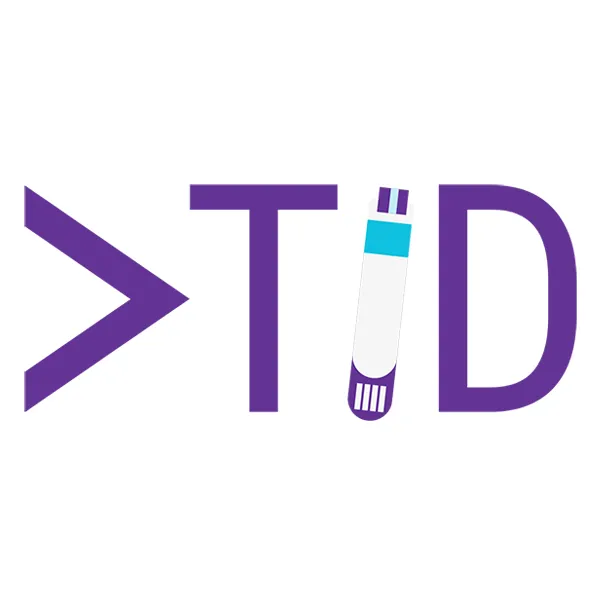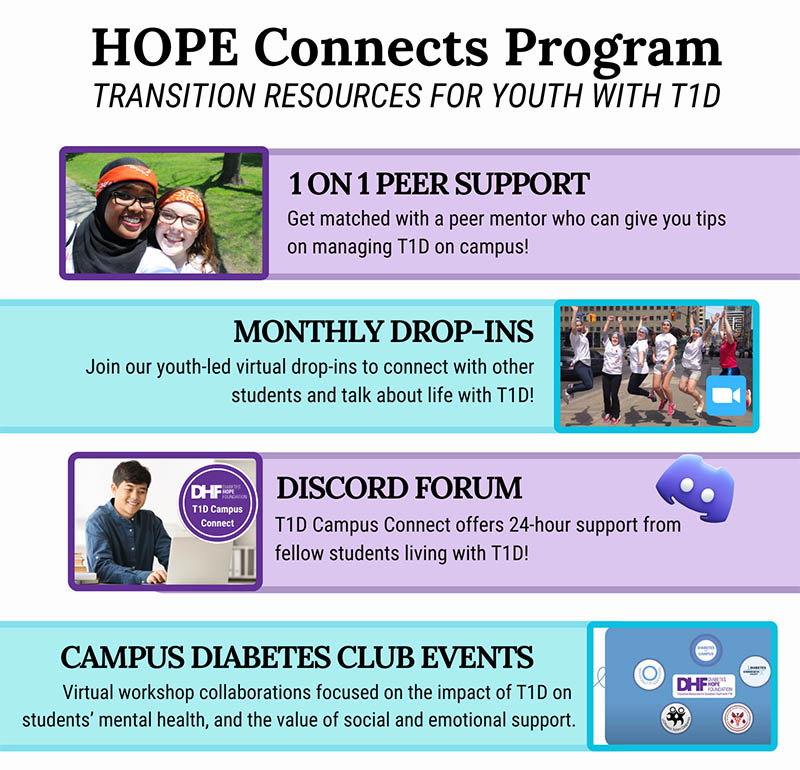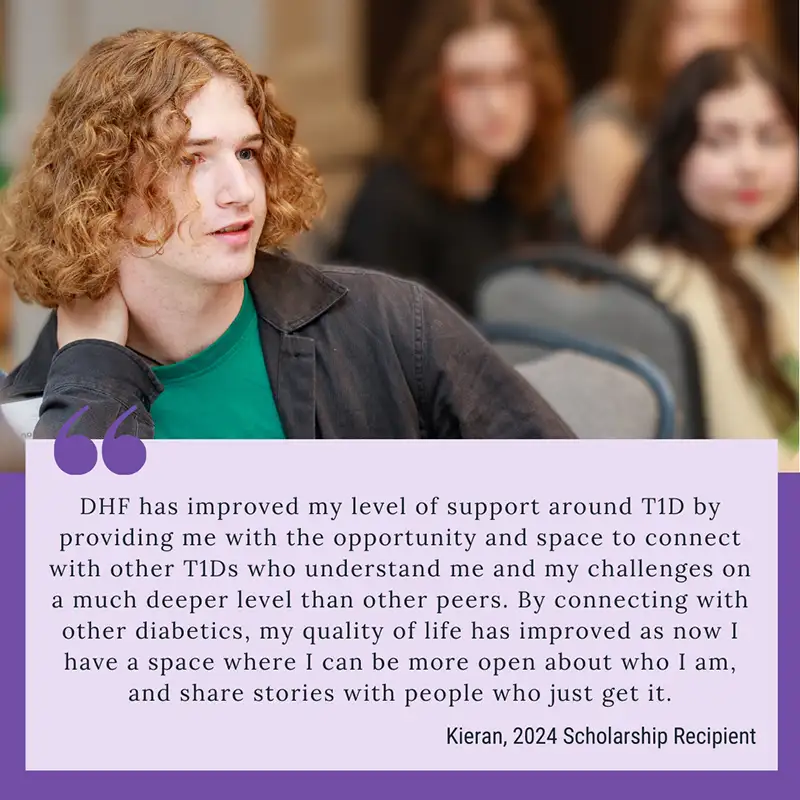Rav Samra Bio
Rav Samra was diagnosed with type one diabetes when she was two years old.
Rav grew up knowing no one with diabetes and this inspired her to meet others with type one and support them. In 2013, Rav received a scholarship from the Diabetes Hope Foundation. She received her BASc in Occupational Health and Safety and HR Management certificate from Toronto Metropolitan University.
Since 2013, Rav has mentored type ones through DHF’s mentorship program. She has spoken at many webinars and in-person events. She is part of the Scholarship Advisory Committee and continues to support the development and execution of DHF’s programs.
Rav is a passionate advocate within the diabetes community. She was interviewed by CBC reflecting on the cost of insulin in Canada and authored a paper with T1International published by Frontiers in Clinical Diabetes and Healthcare.


































